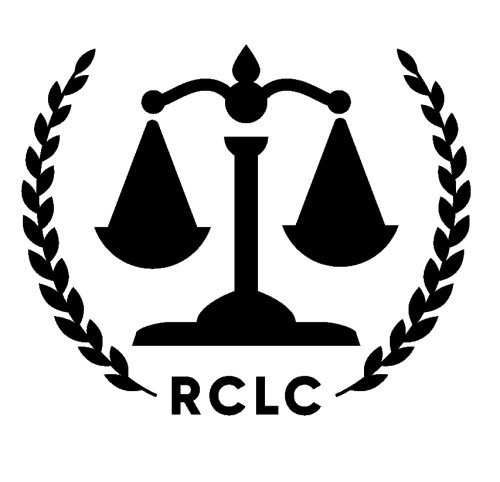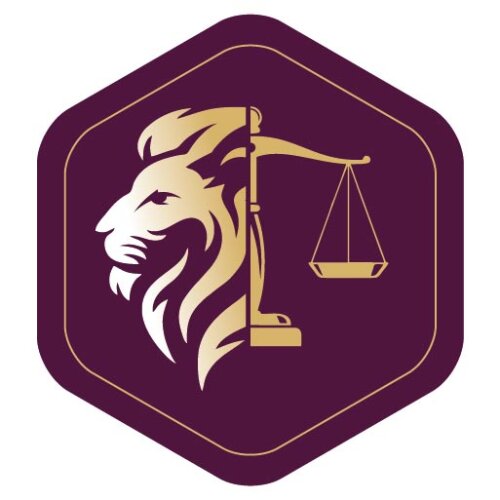Best Permanent Residency Lawyers in Harare
Share your needs with us, get contacted by law firms.
Free. Takes 2 min.
List of the best lawyers in Harare, Zimbabwe
About Permanent Residency Law in Harare, Zimbabwe
Permanent Residency in Harare, Zimbabwe, permits a foreign national to reside indefinitely in the country without the restrictions associated with temporary permits. This status allows individuals to work, study, and live in Zimbabwe with fewer limitations compared to other visa categories. Achieving permanent residency can be a significant step for expatriates seeking to establish long-term roots in Zimbabwe.
Why You May Need a Lawyer
There are several situations where legal assistance is crucial for permanent residency applications:
- Complex Applications: Individuals with complicated immigration histories or those who face potential inadmissibility issues may require assistance to navigate legal hurdles effectively.
- Understanding Eligibility Criteria: Lawyers can help ensure applicants meet all necessary criteria, such as proof of financial stability or meeting residency requirements.
- Submitting Correct Documentation: Legal professionals help gather, prepare, and submit documentation correctly to avoid delays or rejections.
- Appeals and Rejections: If an application is rejected, a lawyer can guide you through the appeals process.
- Policy Changes: Immigration laws frequently change, and a lawyer can provide the most current advice to ensure compliance.
Local Laws Overview
Permanent Residency laws in Zimbabwe are governed by the Immigration Act and associated regulations. Key aspects include:
- Eligibility Requirements: Criteria for permanent residency typically include a prolonged period of legal residence in Zimbabwe, continuous employment, or family connections to a Zimbabwean citizen or permanent resident.
- Application Procedures: Applications must be submitted to the Department of Immigration, often accompanied by a comprehensive set of documents proving eligibility and intent.
- Different Categories: There are various routes to permanent residency, including work, investment, and family unification visas.
- Rights and Obligations: Permanent residents can work and live in Zimbabwe but must comply with local laws and contribute to the economy.
Frequently Asked Questions
What is the difference between Permanent Residency and Citizenship in Zimbabwe?
Permanent Residency allows a foreign national to live and work in Zimbabwe indefinitely, whereas citizenship provides full political rights, including voting. Permanent residents cannot vote or hold a Zimbabwean passport.
How long do I need to live in Zimbabwe before applying for Permanent Residency?
The typical requirement for applying for permanent residency is living in Zimbabwe continuously for at least five years under a valid permit or visa.
Can I work in Zimbabwe with a Permanent Residency status?
Yes, permanent residents are allowed to seek employment and run businesses in Zimbabwe without needing additional work permits.
What documents are necessary for a Permanent Residency application?
Documents often required include proof of continuous residence, a valid passport, financial stability, police clearance certificates, and medical reports.
How much does it cost to apply for Permanent Residency in Zimbabwe?
The application fees can vary and should be confirmed with the Department of Immigration Services. Engaging legal help may incur additional costs.
Can my Permanent Residency status be revoked?
Yes, permanent residency can be revoked if an individual fails to comply with immigration laws, commits a serious crime, or resides outside Zimbabwe for an extended period without maintaining connections to the country.
Is Permanent Residency transferable to family members?
Family members can generally be included in a permanent residency application, but each family member must individually meet specific requirements.
Can Permanent Residency lead to Citizenship?
Yes, after meeting certain criteria, such as continuous residence, permanent residents may be eligible to apply for citizenship.
What happens if my Permanent Residency application is rejected?
If an application for permanent residency is rejected, candidates can appeal the decision or reapply after addressing the reasons for rejection.
How long does the Permanent Residency application process take?
Processing times can vary, but it generally takes several months. Applicants should ensure all documentation is complete to avoid delays.
Additional Resources
For those seeking more information, the following resources can be helpful:
- Department of Immigration Control: The primary body governing immigration and residency in Zimbabwe.
- Zimbabwe Legal Information Institute: Provides free access to Zimbabwean legal resources.
- Local Immigration Lawyers: Legal professionals specializing in Zimbabwean immigration law can offer personalized guidance.
Next Steps
If you are considering applying for Permanent Residency in Zimbabwe and need legal assistance, consider the following steps:
- Consult Initial Legal Advice: Speak to a lawyer who specializes in immigration to assess your situation.
- Secure Representation: If your case is complex, hiring a lawyer may increase your chances of a successful application.
- Prepare Documentation: Collect and prepare all required documentation meticulously, ensuring compliance with legal requirements.
- Submit Your Application: Follow your lawyer's guidance and submit your application through the Department of Immigration.
- Monitor Your Application: Stay informed about the progress of your application and comply promptly with any additional requests from immigration authorities.
Lawzana helps you find the best lawyers and law firms in Harare through a curated and pre-screened list of qualified legal professionals. Our platform offers rankings and detailed profiles of attorneys and law firms, allowing you to compare based on practice areas, including Permanent Residency, experience, and client feedback.
Each profile includes a description of the firm's areas of practice, client reviews, team members and partners, year of establishment, spoken languages, office locations, contact information, social media presence, and any published articles or resources. Most firms on our platform speak English and are experienced in both local and international legal matters.
Get a quote from top-rated law firms in Harare, Zimbabwe — quickly, securely, and without unnecessary hassle.
Disclaimer:
The information provided on this page is for general informational purposes only and does not constitute legal advice. While we strive to ensure the accuracy and relevance of the content, legal information may change over time, and interpretations of the law can vary. You should always consult with a qualified legal professional for advice specific to your situation.
We disclaim all liability for actions taken or not taken based on the content of this page. If you believe any information is incorrect or outdated, please contact us, and we will review and update it where appropriate.














